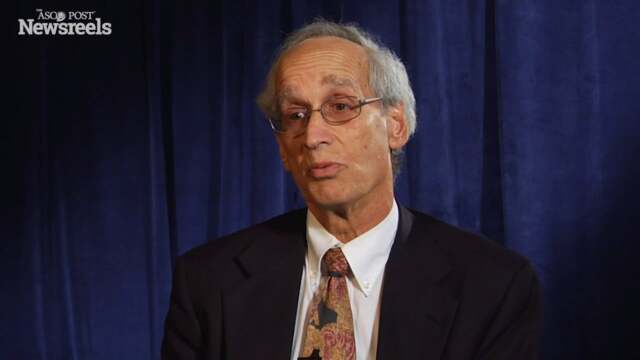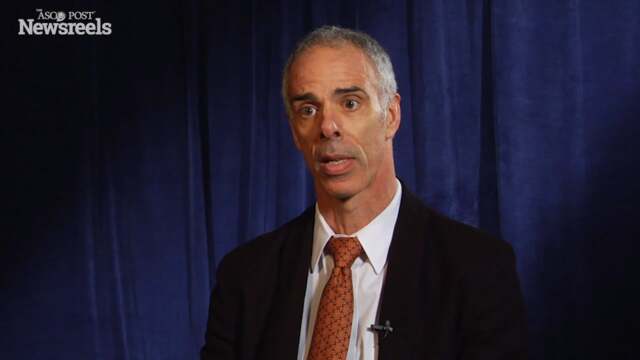Brian D. Kavanagh, MD, on Improving Value and Elevating the Patient Care Experience
2015 ASTRO Annual Meeting
Brian D. Kavanagh, MD, of the University of Colorado School of Medicine, summarizes three papers: outcomes for locally advanced non–small cell lung cancer, 3D CRT vs image-guided intensity-modulated radiotherapy for reducing bowel toxicity, and dexamethasone for controlling pain flares in patients with bone metastases (Abstracts 2, 8, LBA6663).
Samuel Chao, MD
Samuel Chao, MD, of Cleveland Clinic, discusses the QMAP program and data-driven management, which offer ways to improve consistency and drive quality in radiation oncology departments (Abstract 39).
Catherine C. Park, MD
Catherine C. Park, MD, of the University of California, San Francisco, summarizes results from three clinical trials of radiation therapy for various cancers: metastatic melanoma, oropharyngeal squamous cell carcinoma, and breast cancer (Abstracts 215, 3, and LBA7).
Reshma Jagsi, MD, DPhil
Reshma Jagsi, MD, DPhil, of the University of Michigan Health System, discusses this multicenter phase 1 study of veliparib given concurrently with chest wall and nodal radiation therapy in patients with inflammatory or locoregionally recurrent breast cancer (Abstract 312).
Joel E. Tepper, MD
Joel E. Tepper, MD, of the University of North Carolina School of Medicine, discusses the ways in which SBRT has changed radiotherapy, as demonstrated in key studies presented at this year's meeting on stereotactic body radiotherapy for liver metastases and hepatocellular carcinoma, and borderline resectable and unresectable pancreatic tumors (Abstracts 253, 255, 351, 357).
Anthony Zietman, MD
Anthony Zietman, MD, of Massachusetts General Hospital, discusses the practice-changing results from a study comparing fractionation schedules in patients with low-risk prostate cancer (Abstract LBA6).





